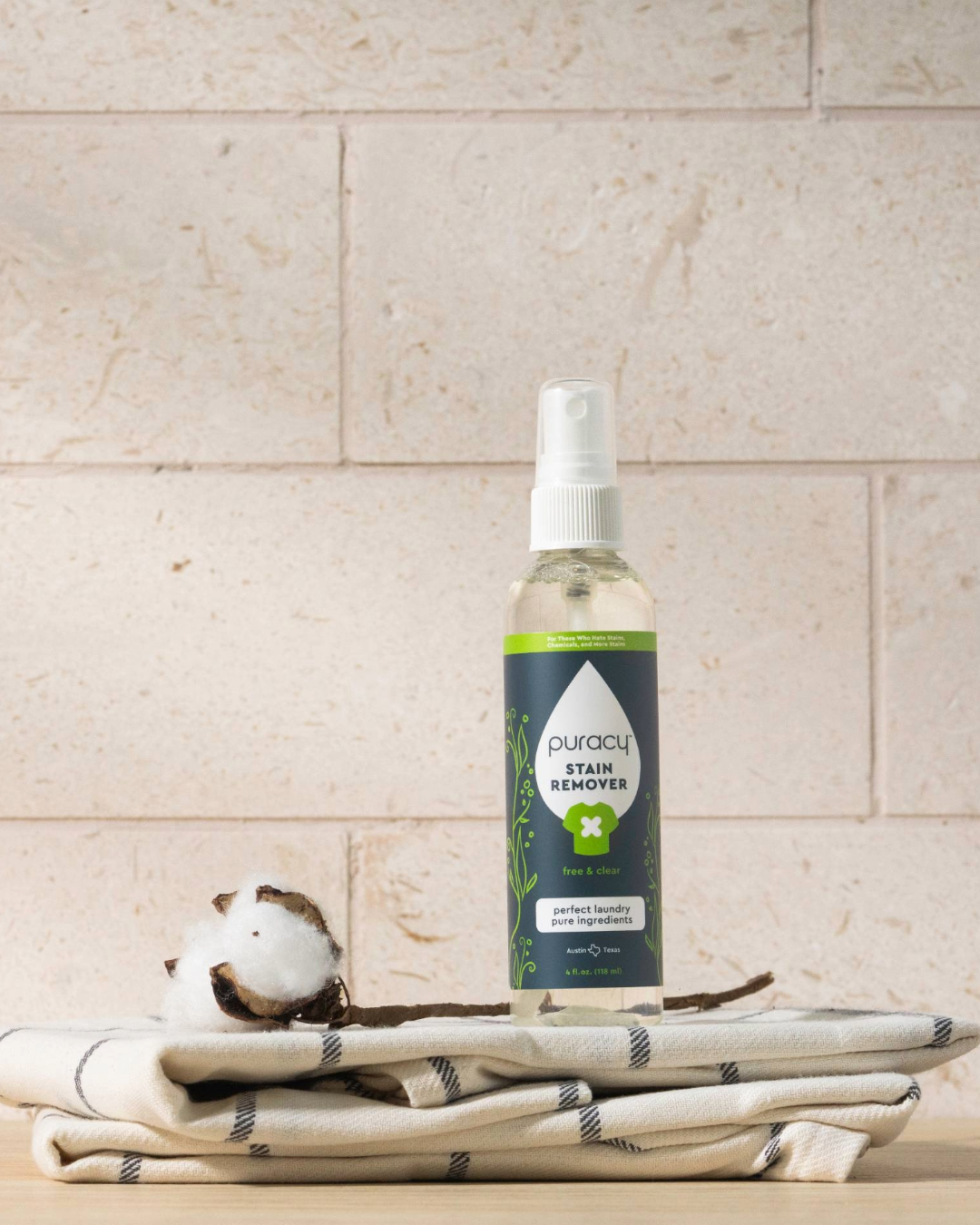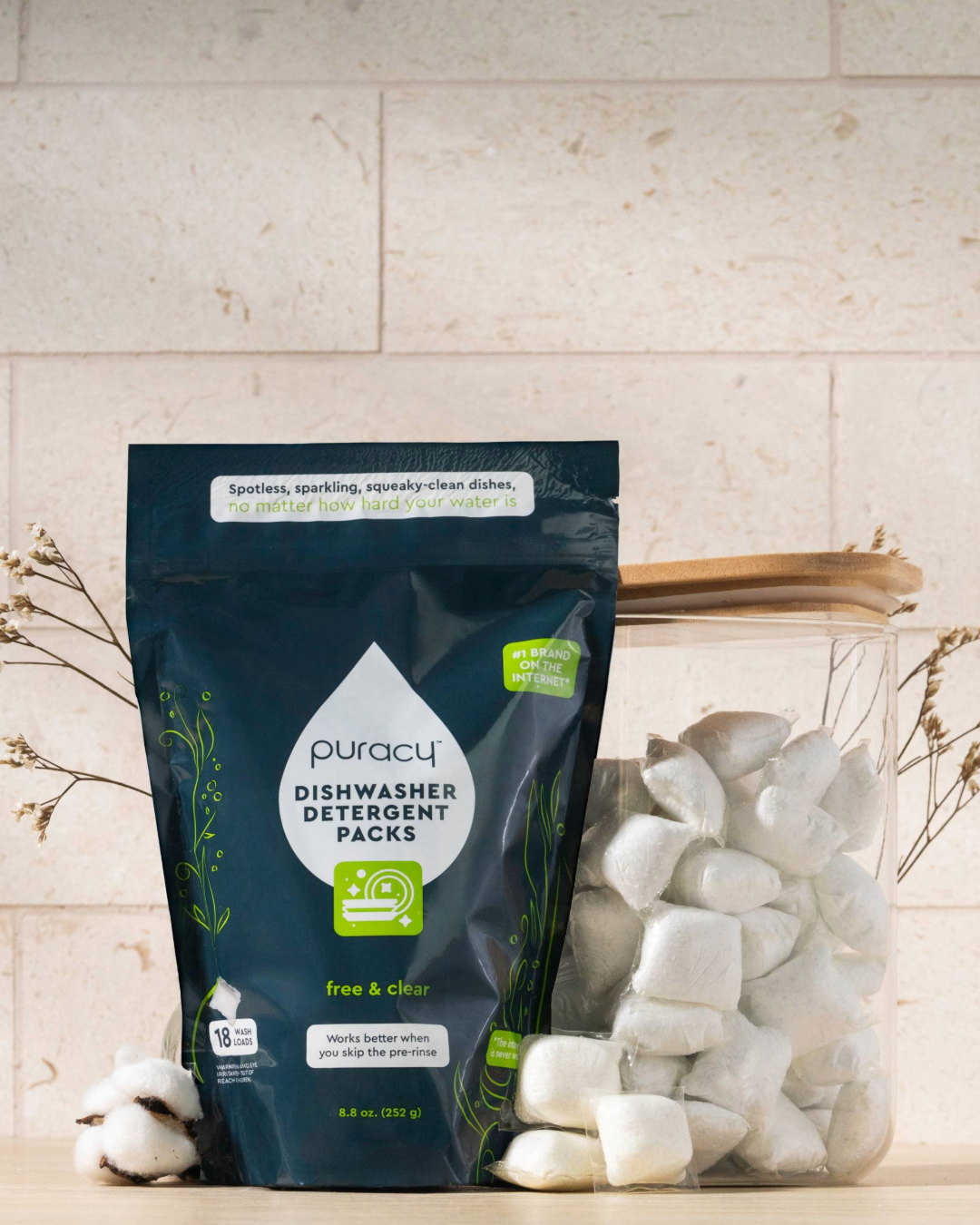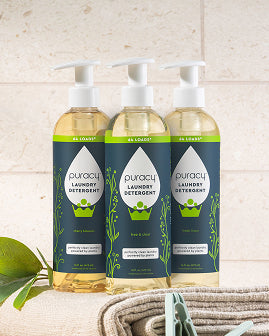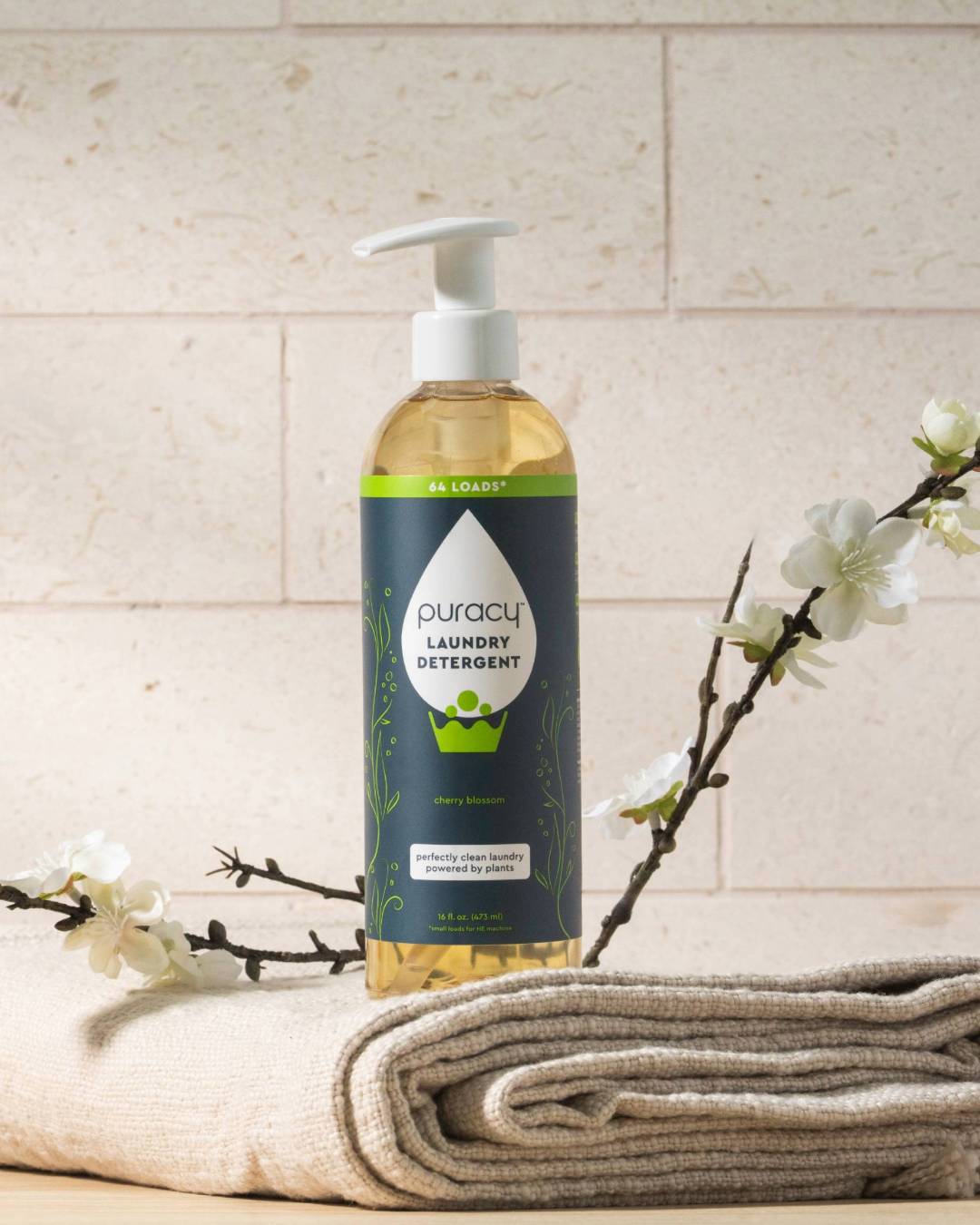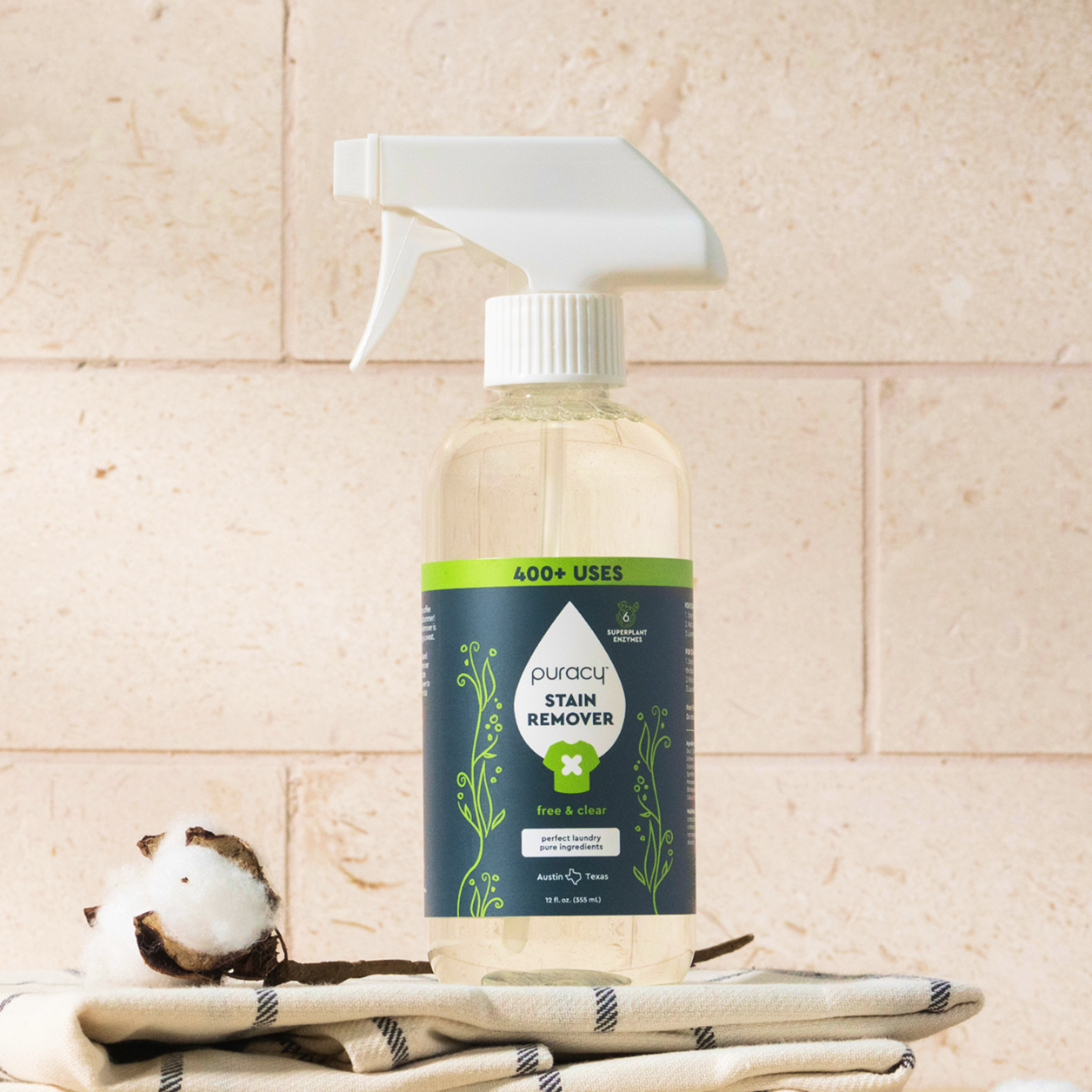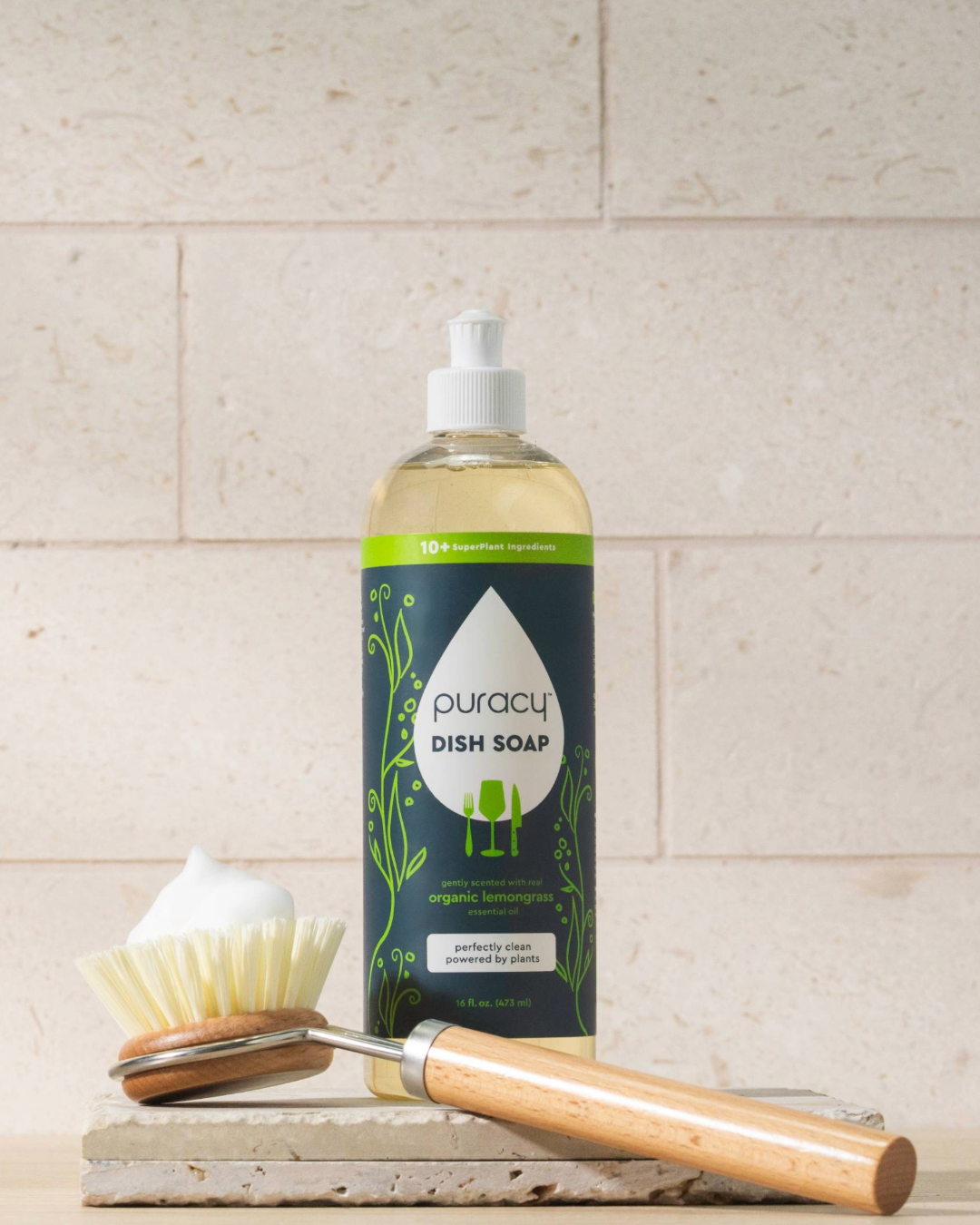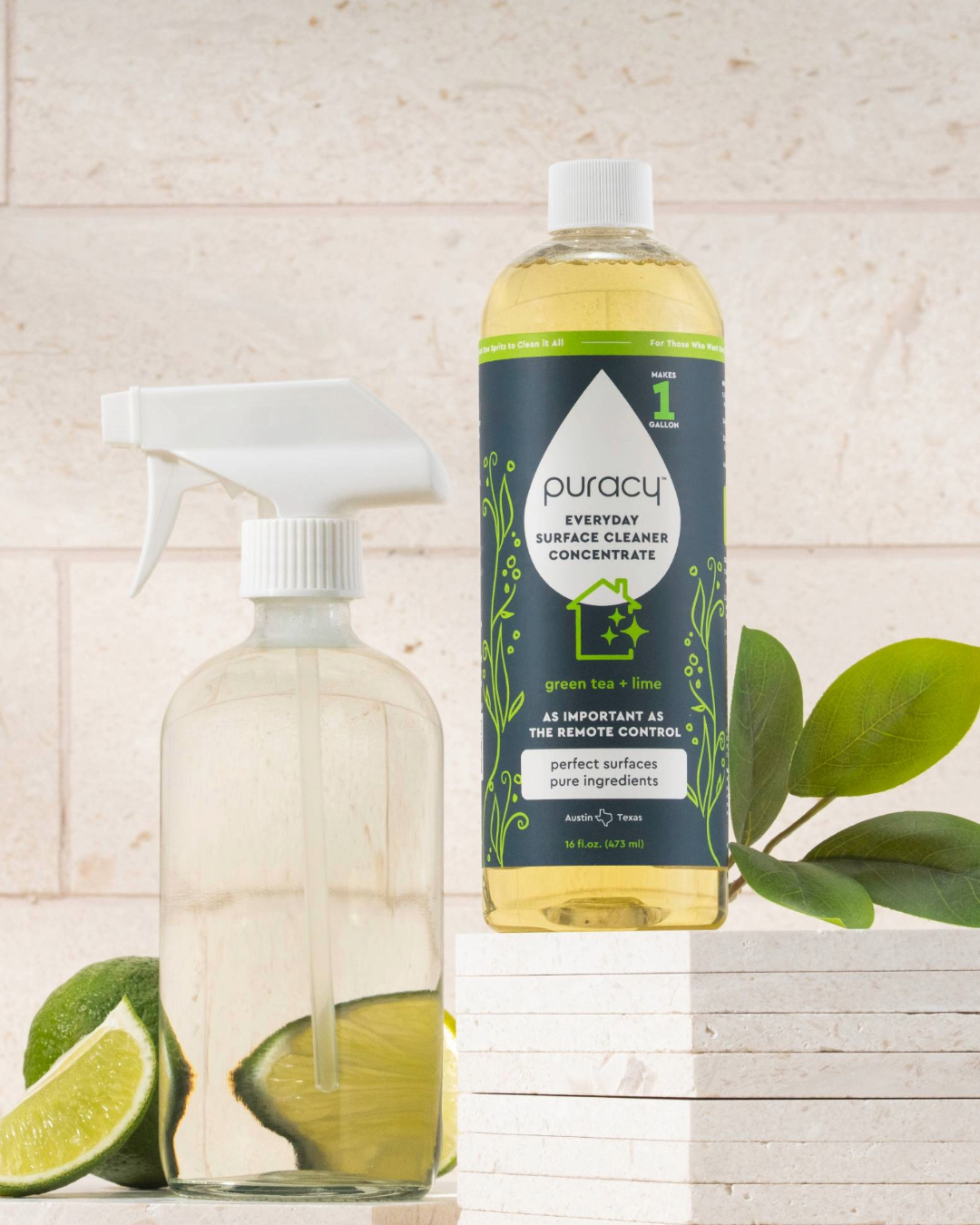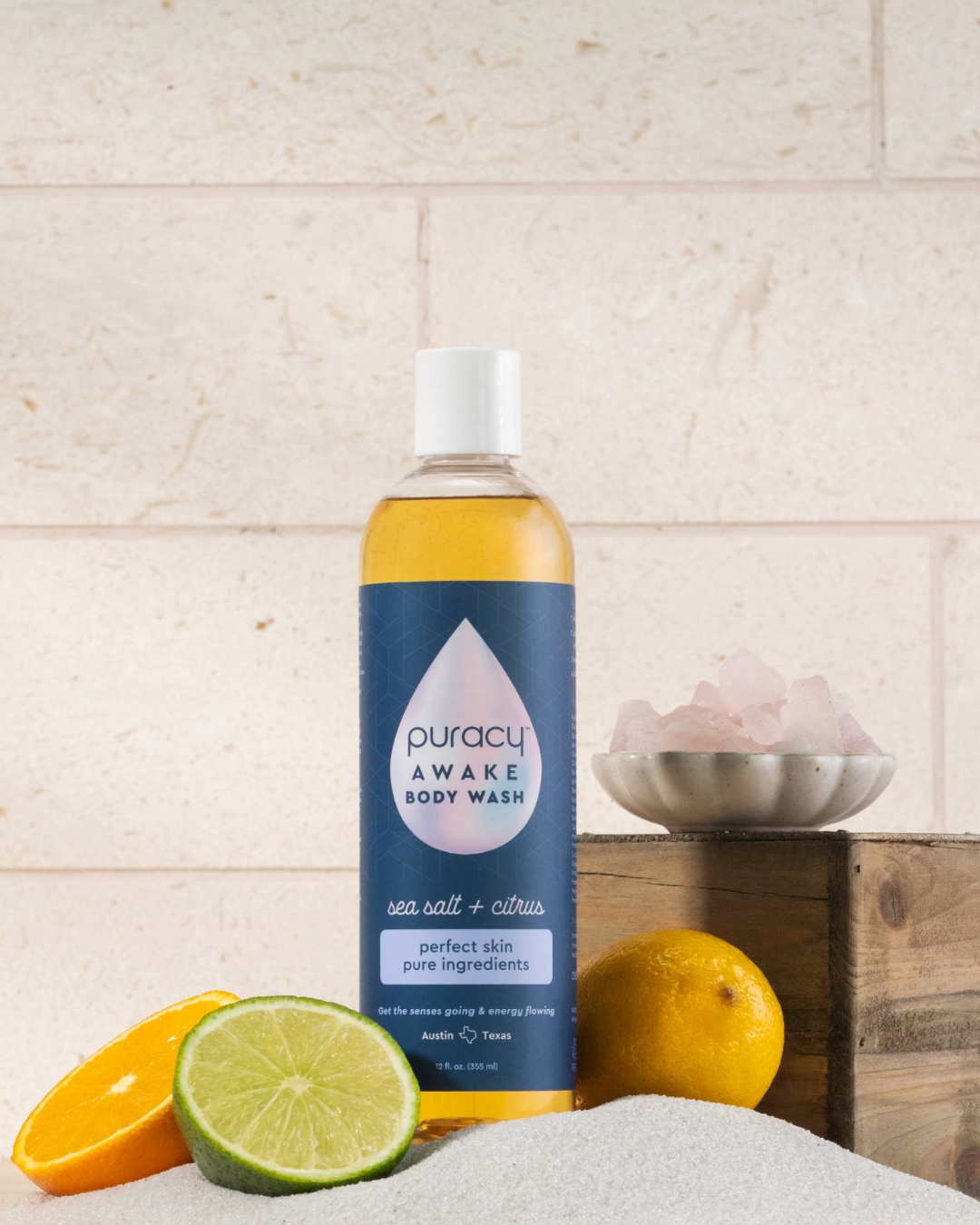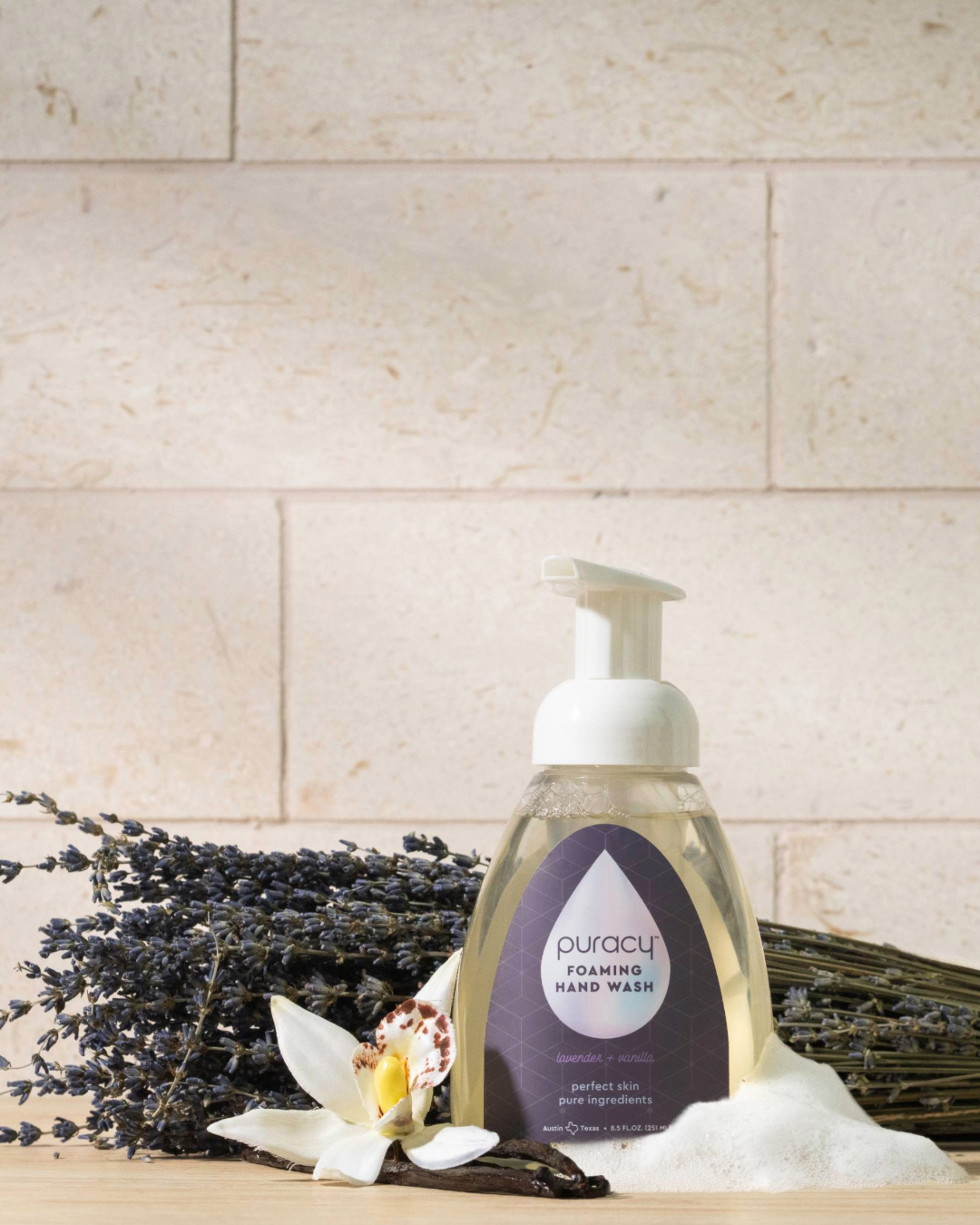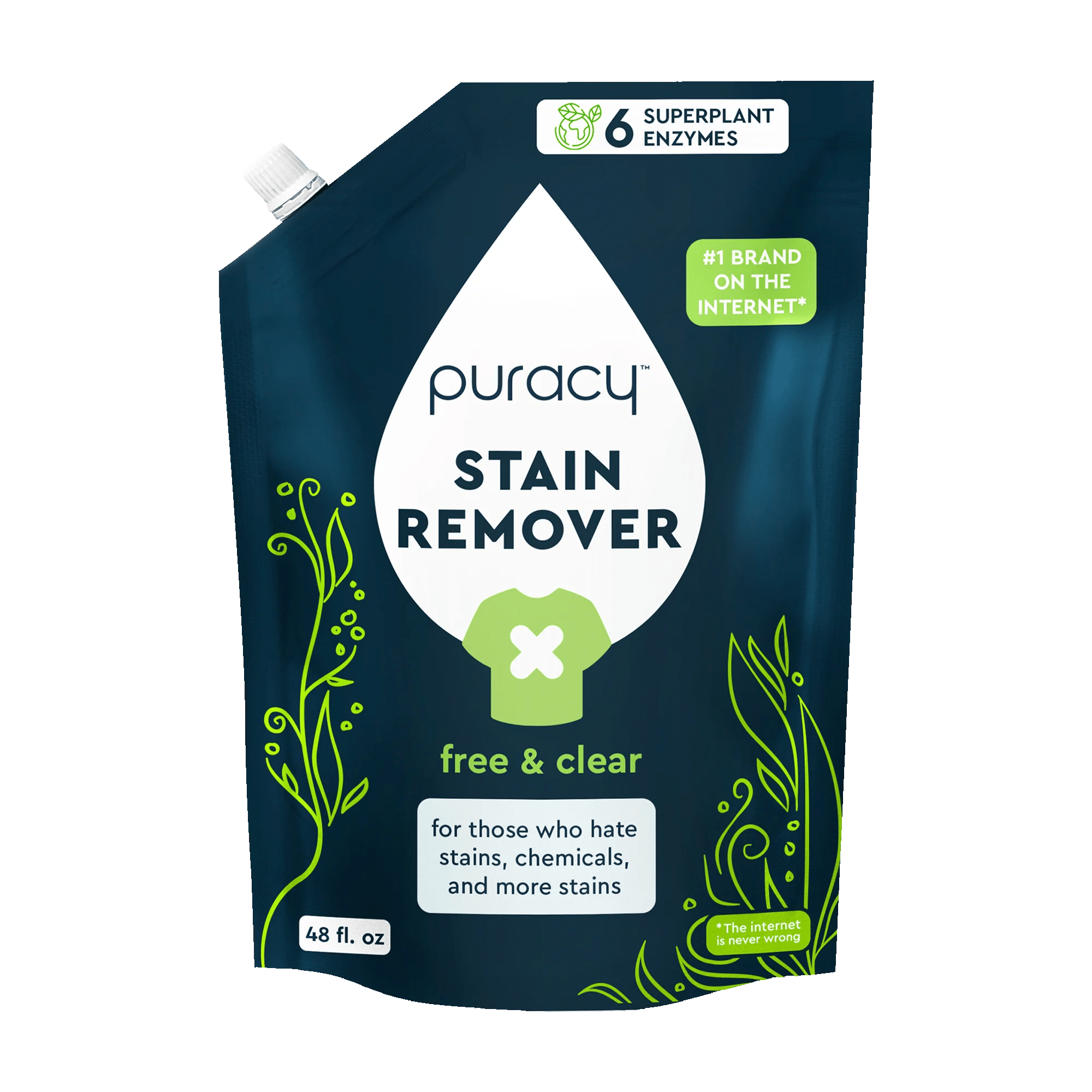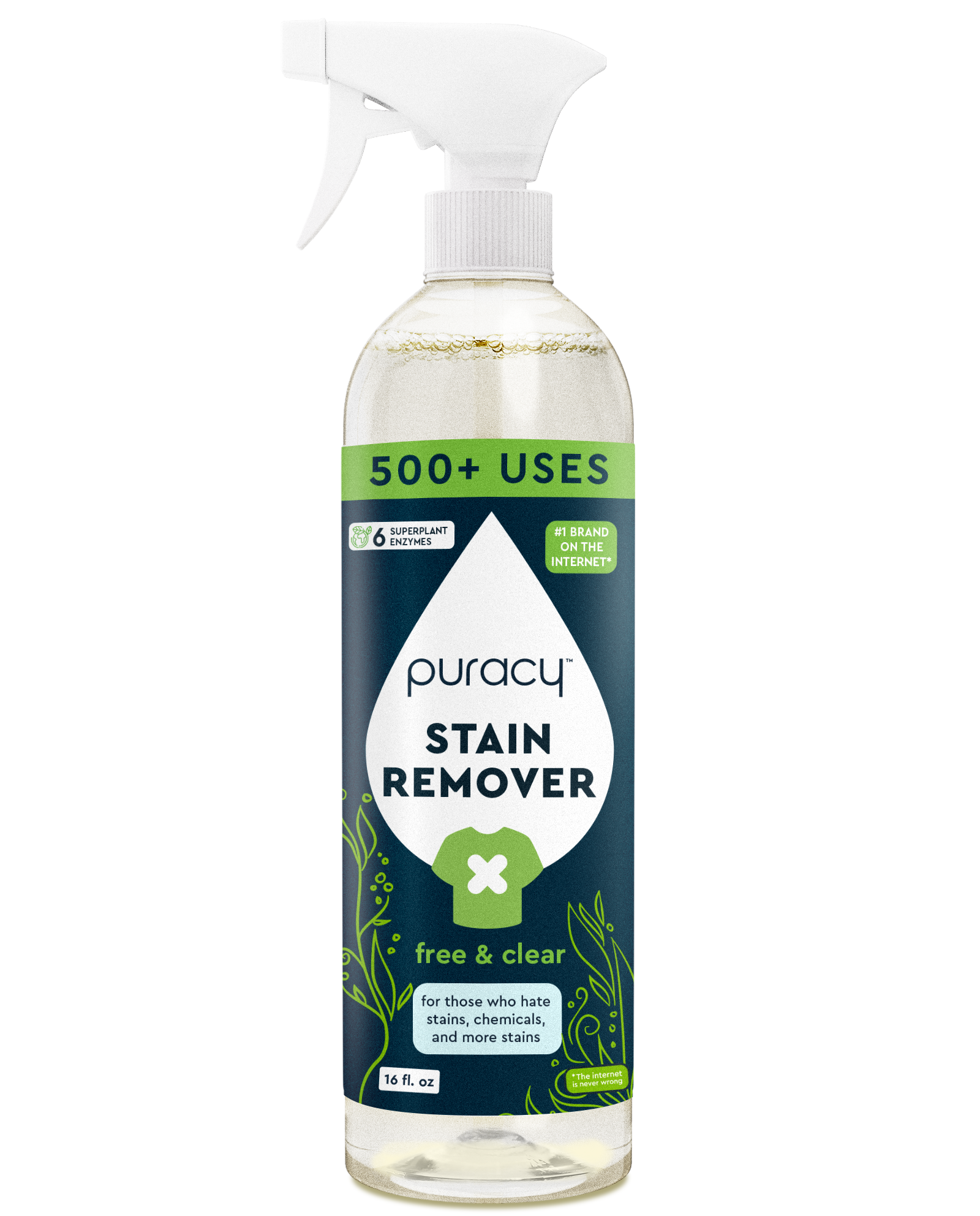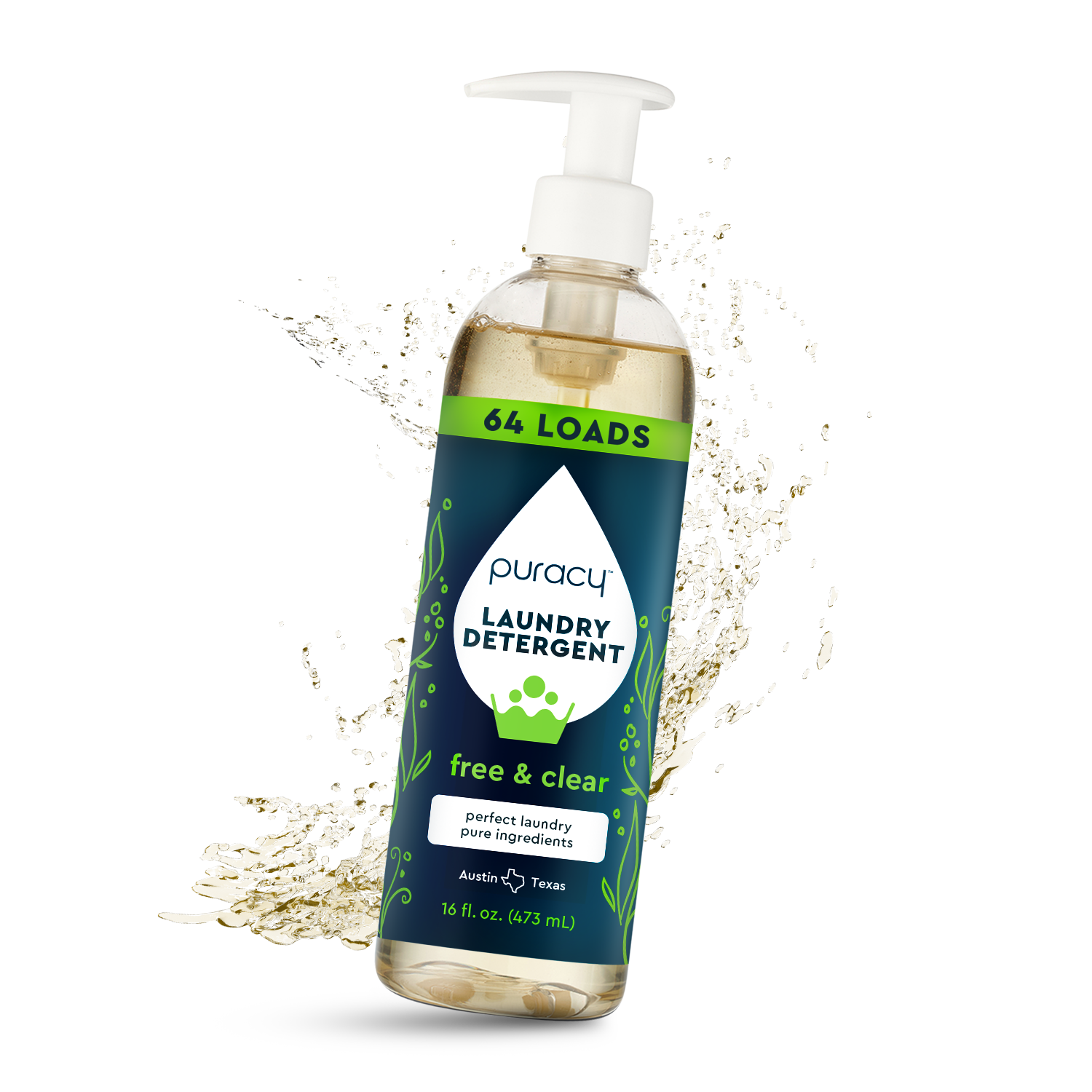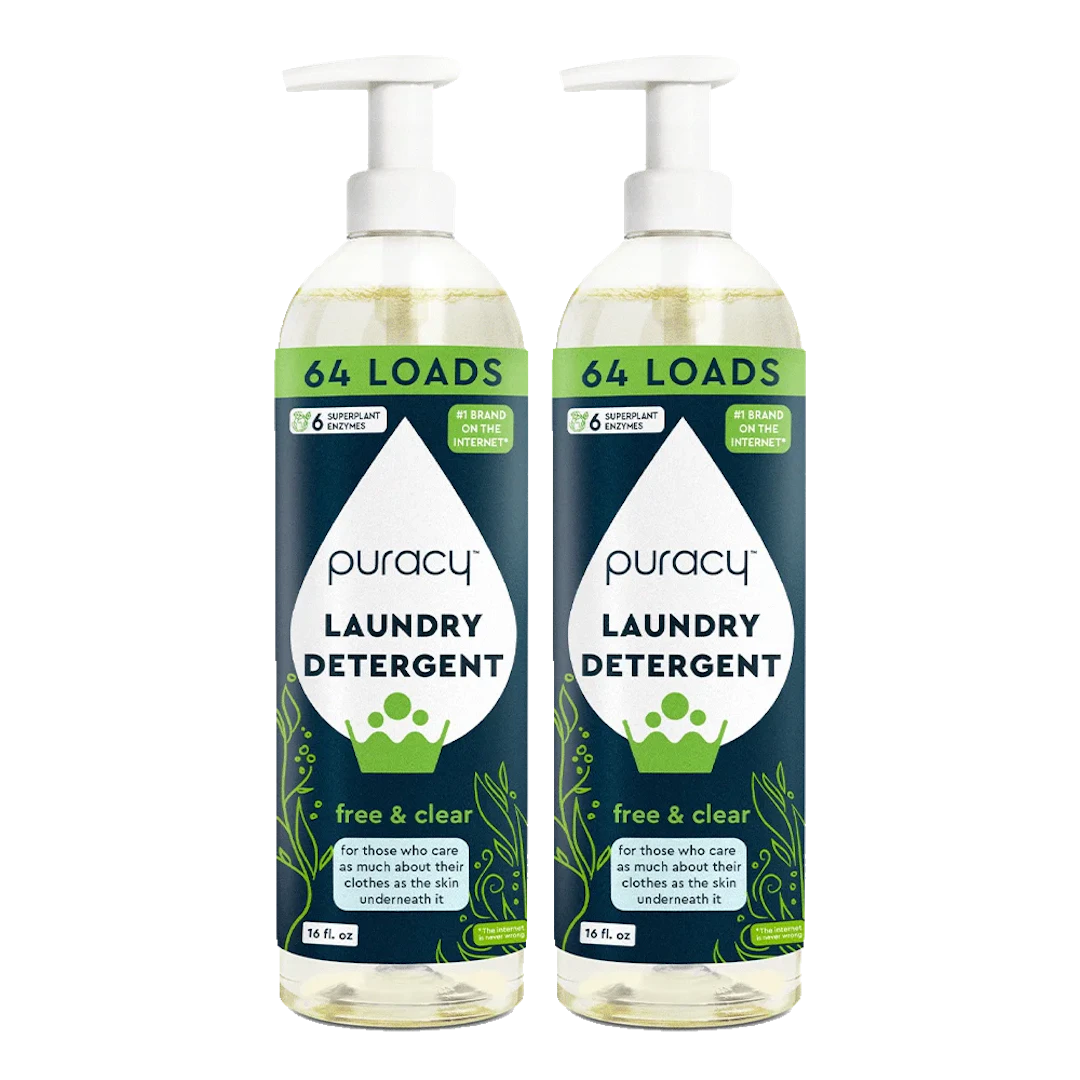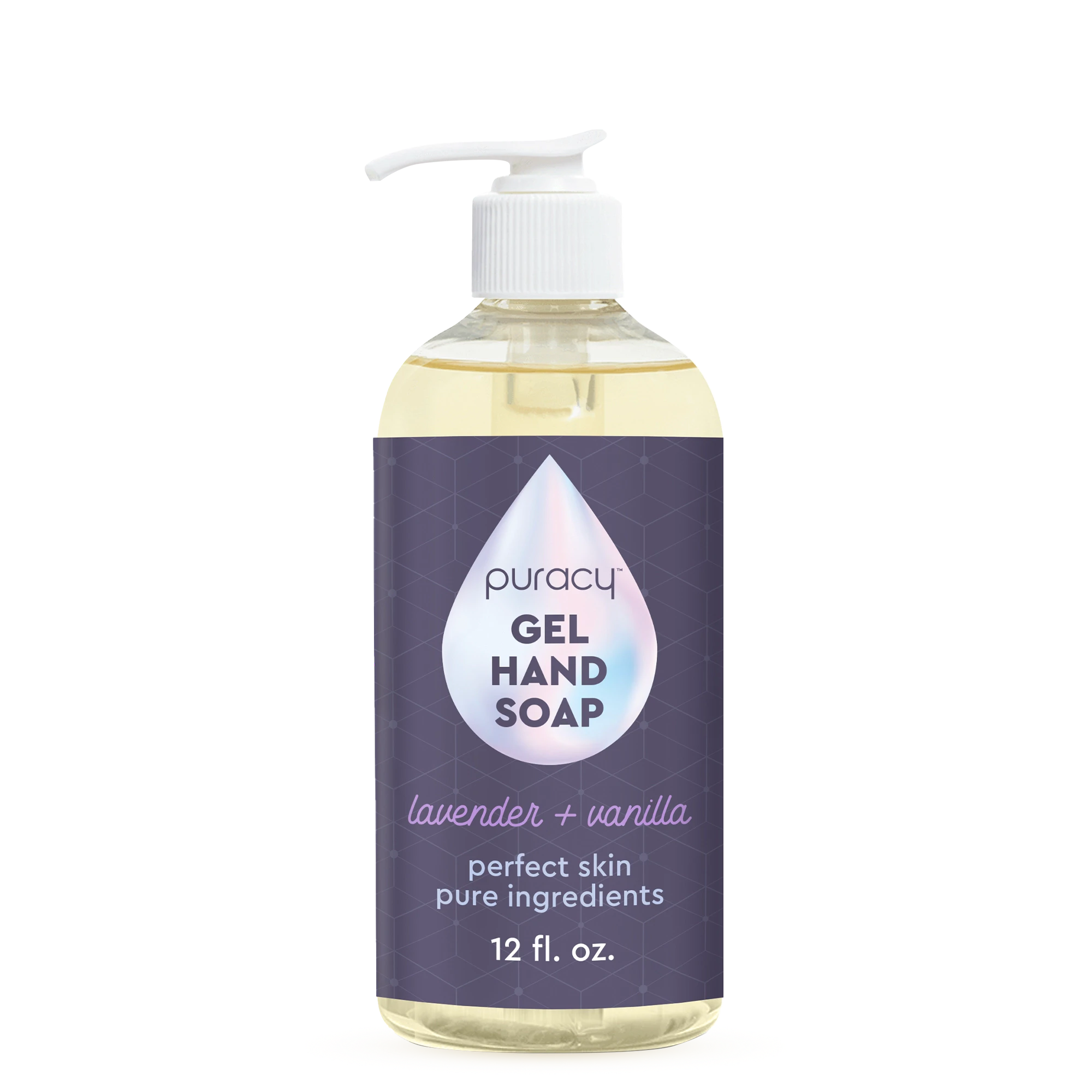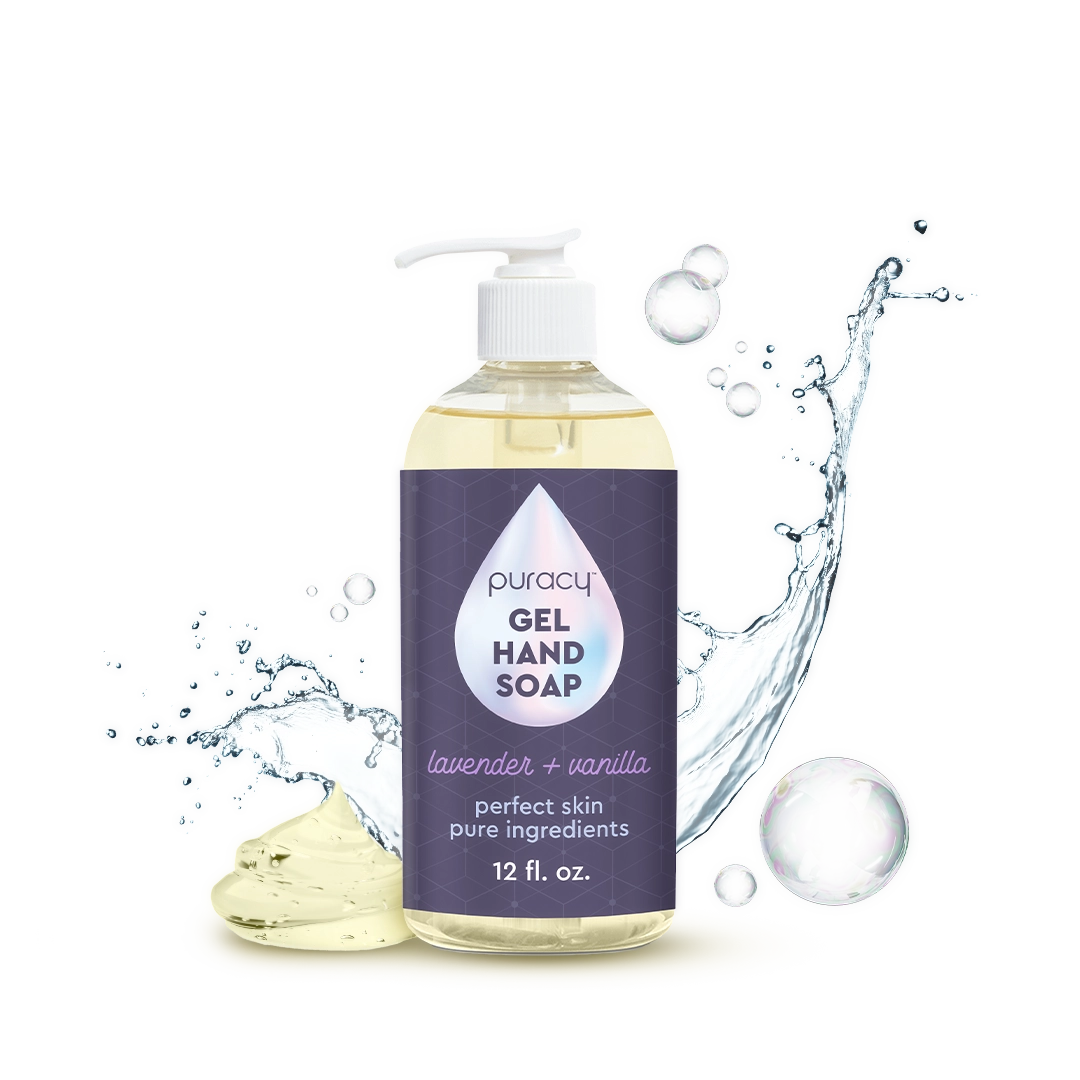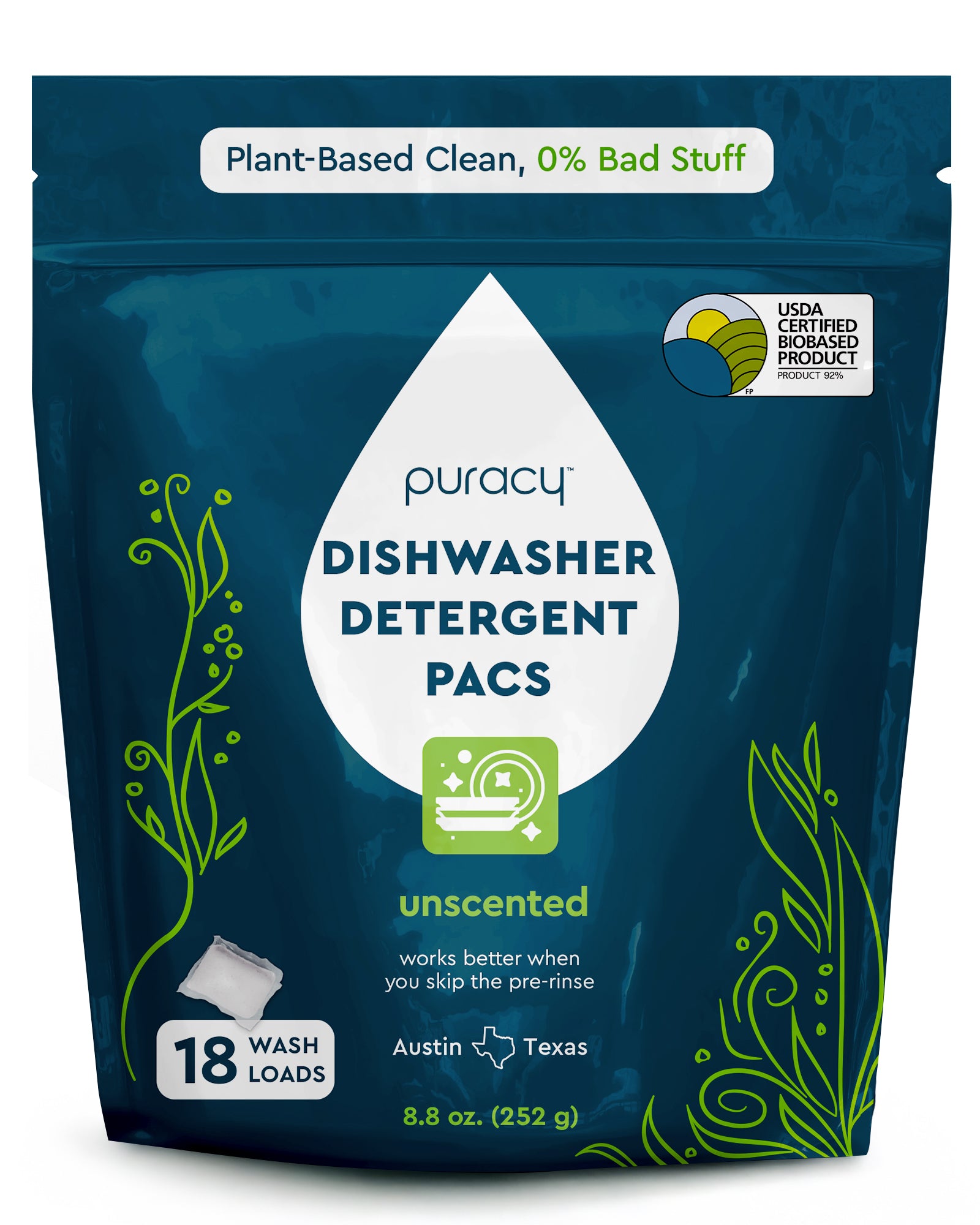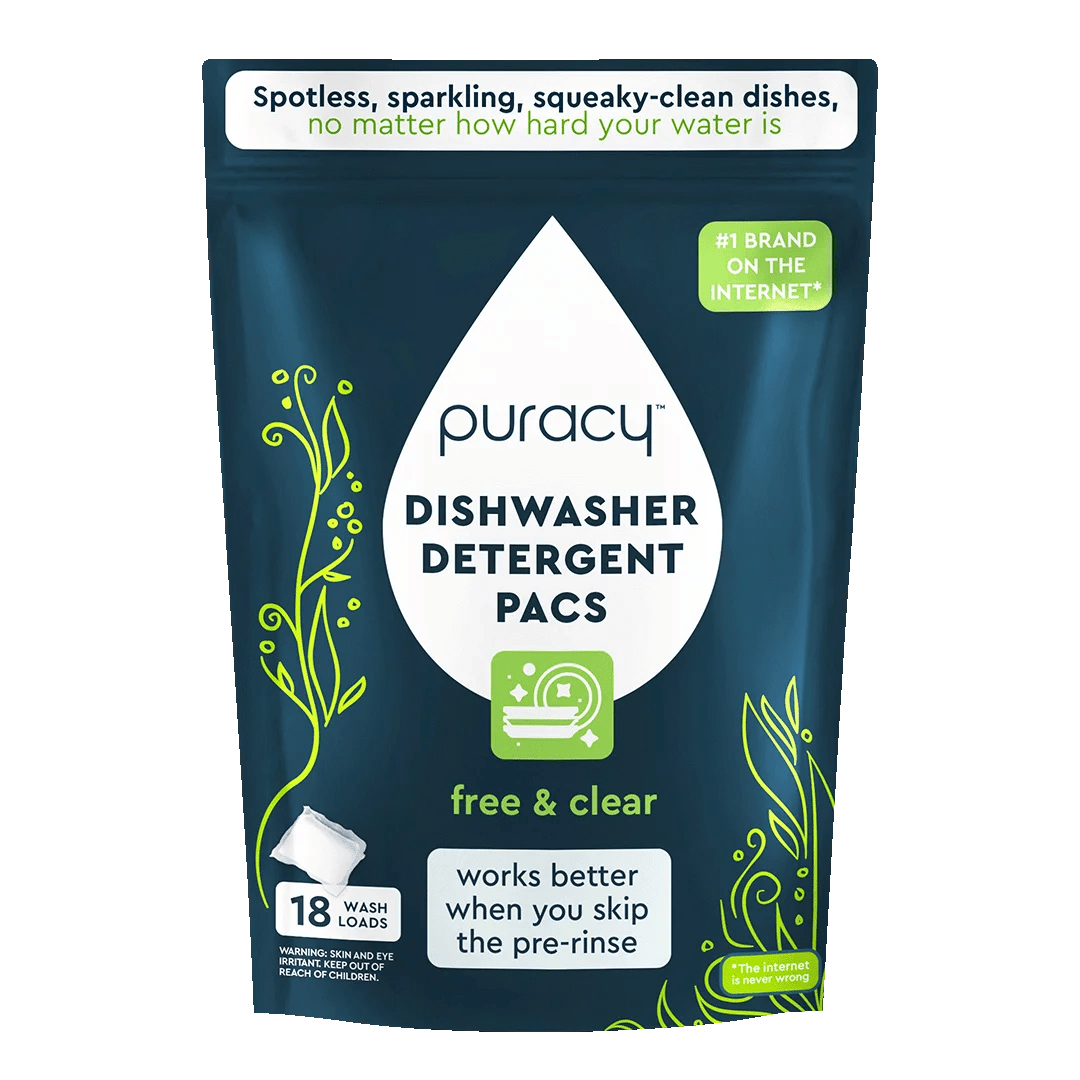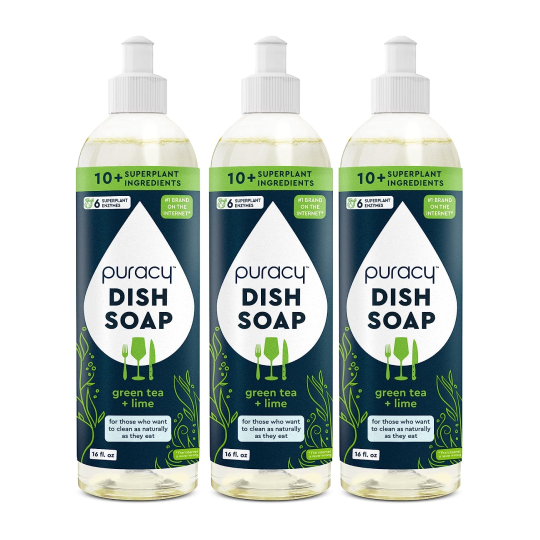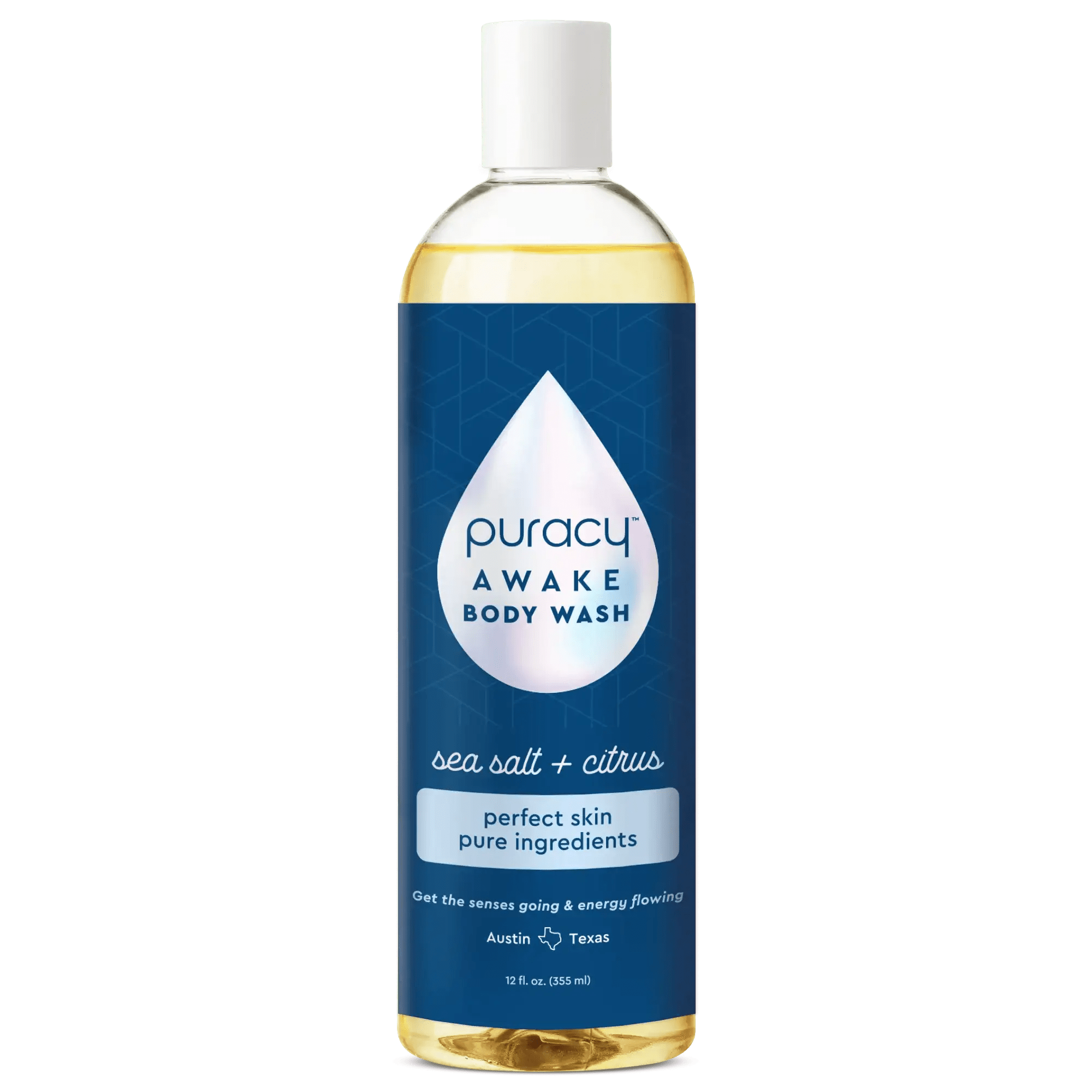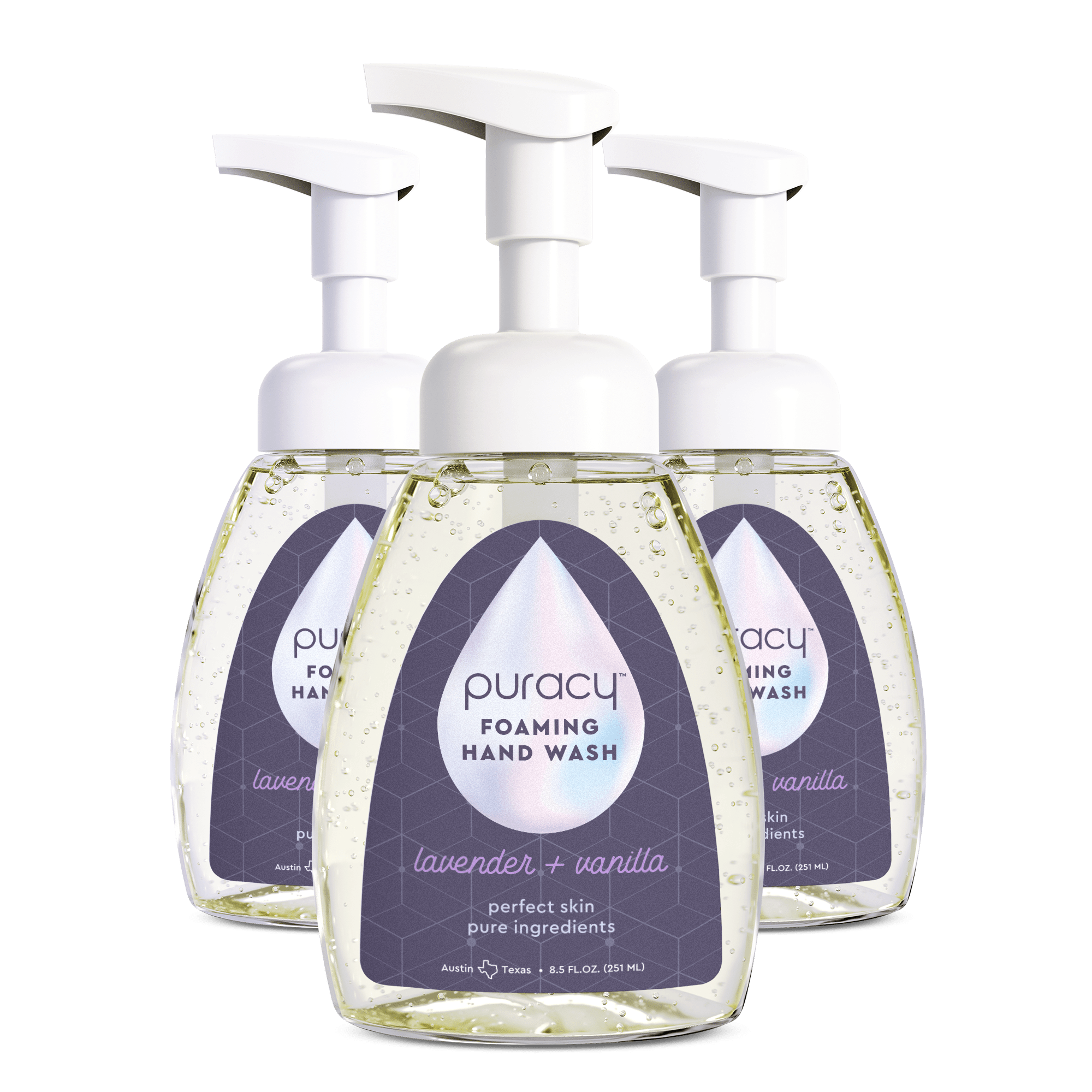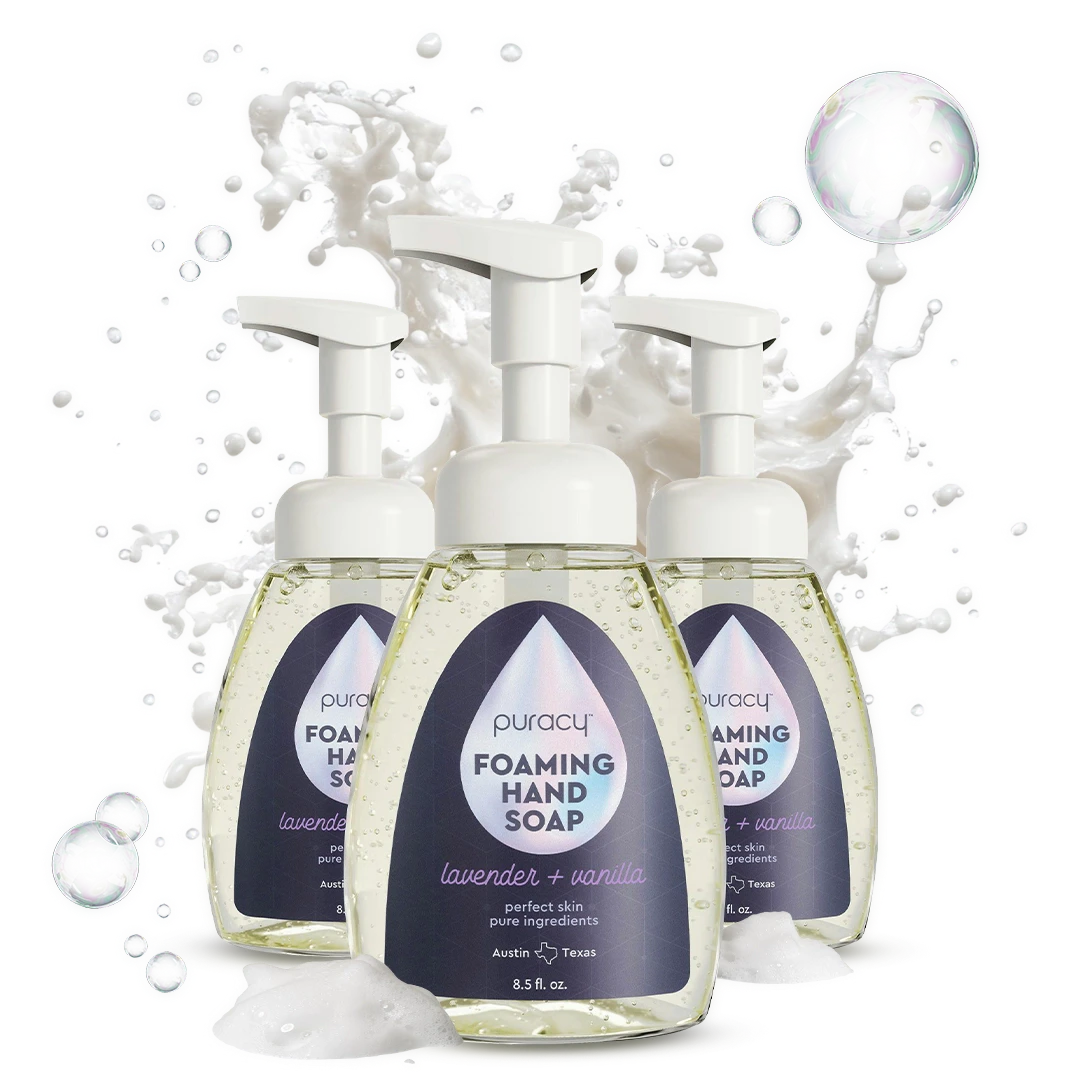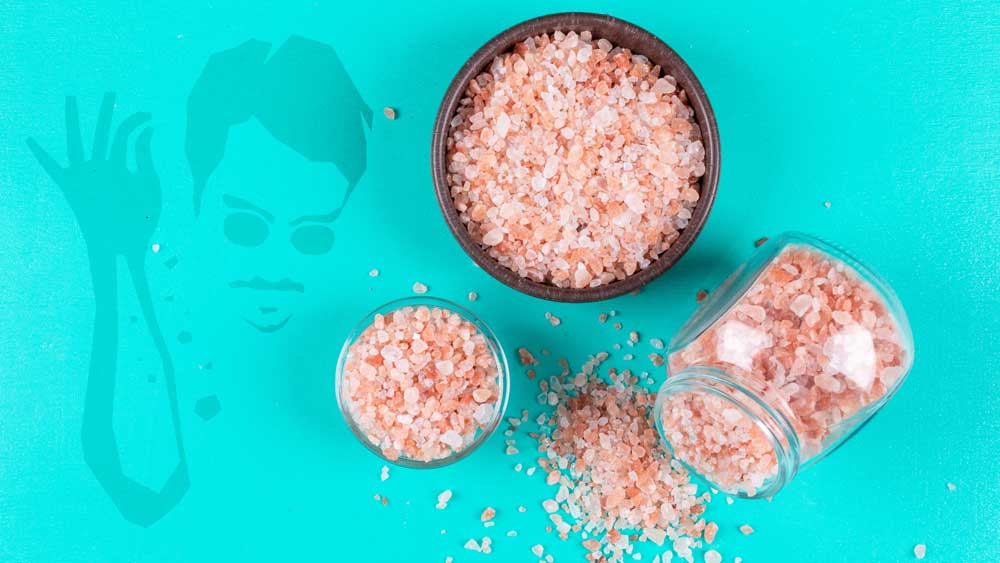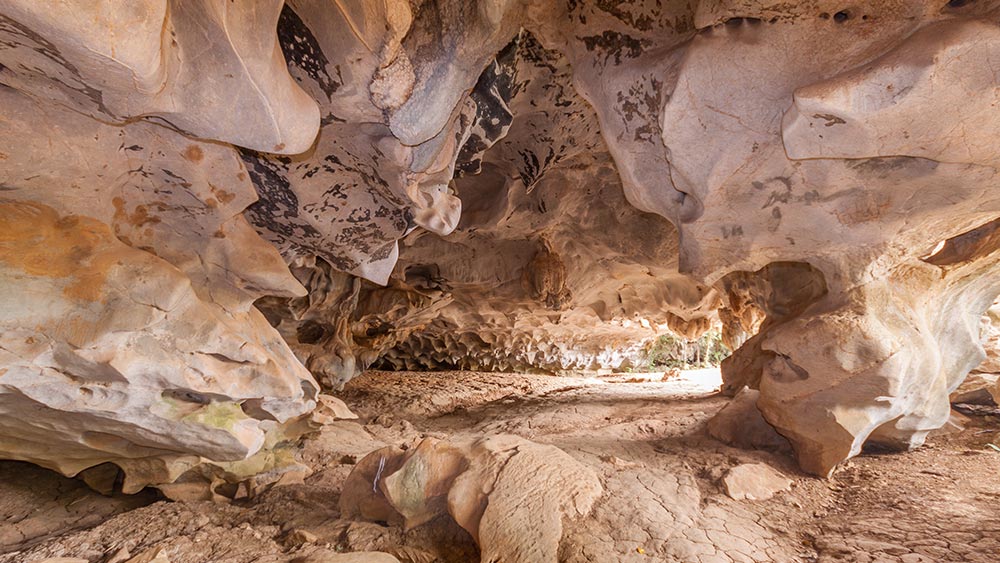
Calcium Chloride
- Derived from: limestone
- Pronunciation: (\ˈkal-sē-əm\ \ˈklȯr-ˌīd\)
- Type: Naturally-derived
What Is Calcium Chloride?
Calcium chloride is a naturally occurring salt that's often derived from limestone (though it may also be produced synthetically).[1] It is solid at room temperature and dissolves in water.[2]
How Calcium Chloride Is Made
Calcium chloride occurs naturally in limestone and is primarily a reaction of limestone with hydrochloric acid, calcium, or chloride salts. [4] It is often commercially produced as a byproduct in the soda ash process (called the Solvay process).[1] In United States, many manufacturers concentrate brines from salt lakes and salt deposits.[4]
What Does Calcium Chloride Do?
Calcium chloride is present in dozens of personal care products, including bath oils, detergents, sunscreen, conditioner, and makeup.[2,3]
It may be used as a brine for refrigeration plants, a method to control ice on roads, and as a desiccant (thanks to its ability to absorb moisture).[4]
Why Puracy Uses Calcium Chloride
Puracy uses calcium chloride to increase and improve a formula's viscosity to stabilize the plant-based enzymes in our laundry products.
Is Calcium Chloride Safe?
Whole Foods has deemed the ingredient acceptable in its body care quality standards.[5] and EWG provides a "1" for the ingredient. [3] Research shows that the ingredient is not a skin irritant when used in low concentrations.[6]
Sources
[1] U.S. National Library of Medicine
[2] Cosmeticsinfo.org
[3] Environmental Working Group
[4] 3V Tech
[5] Whole Foods Market
[6] Norris, J.M. (1971) “Eye and skin irritation properties of DOWFLAKE calcium chloride.”
